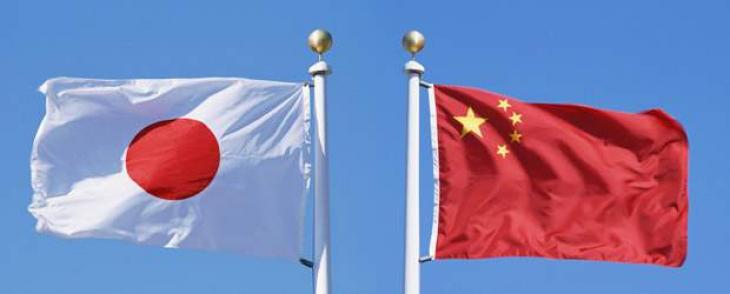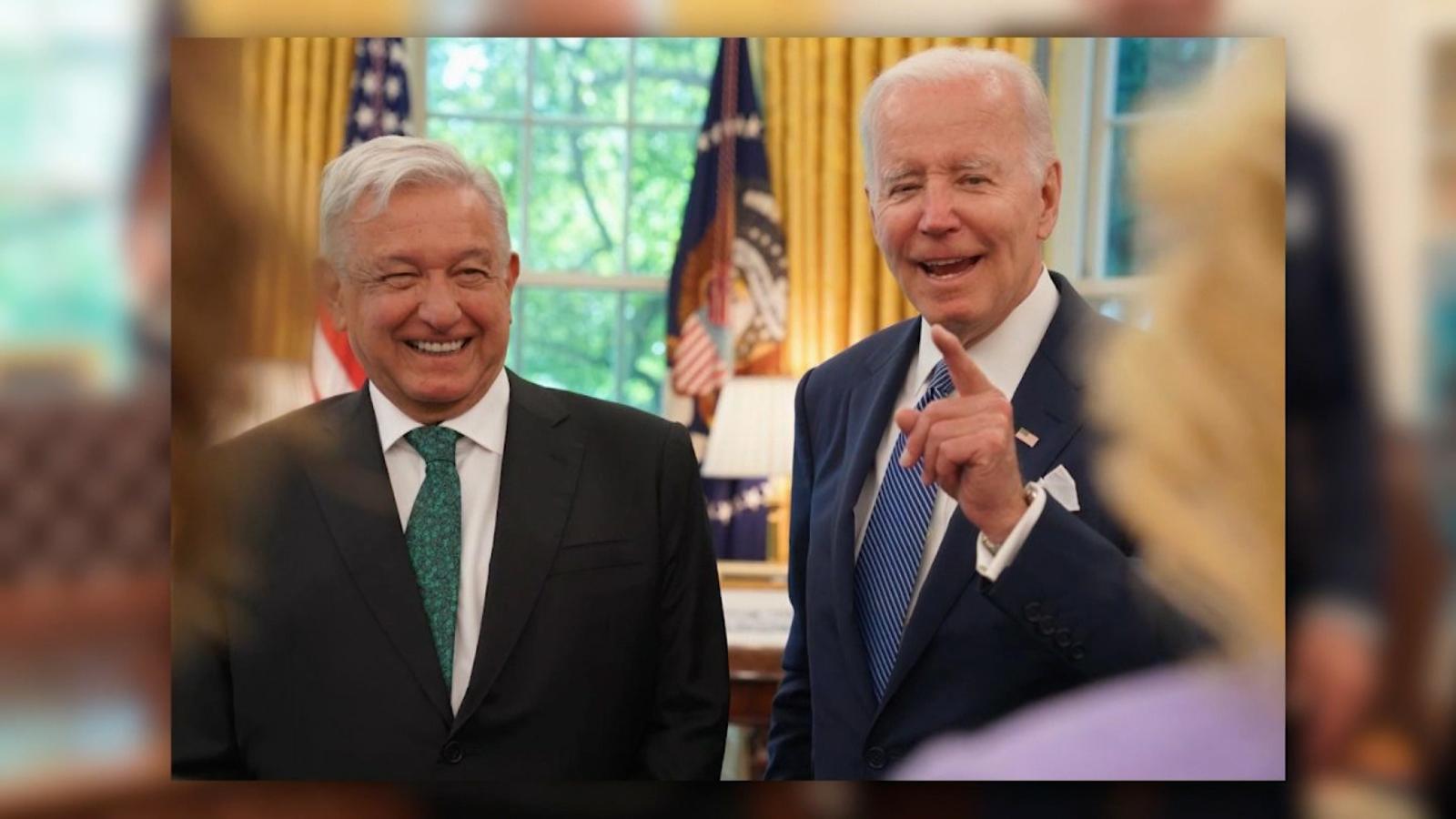
Profiteer US Drives Deeper Wedge between China and Japan
(China) on 10 July 2022
by Hu Xijin (link to original)
It is time to pry out the deep wedge between China and Japan.
It must be pointed out that the bad blood between China and Japan is mainly due to the Japanese. In modern times, it is Japan which invaded China, particularly the war of conquest against China following the 1931 Mukden Incident. This brought great suffering to the Chinese people. Japan has not only failed to reflect properly on its war crimes, but also continued to rub salt in the wounds of history by prime-ministerial visits honoring the Yasukuni Shrine and by textbooks whitewashing Japan’s war crimes. In recent years, Japan has enthusiastically echoed U.S. calls to implement a China containment strategy, further aggravating our “strategic distrust,” the suspicion that the U.S. is pursuing a long-term strategy that is to our detriment. The mutual antagonism between China and Japan which is flourishing in public opinion only serves to deepen the perilous chasm between our two countries.
So why do we need to smooth things out between China and Japan? Japan is a permanent neighbor, and this should sober us up to focus on China's current national interests rather than hashing out historic grievances.
For the U.S., desiring to surround us with a united, anti-China alliance, Japan is one of the two levers of a pincer. Deep bitterness between China and Japan is the lifeblood of U.S. containment policy. Were China-Japan relations improved and Japan's hostility toward China substantially reduced, the U.S. pincer would lose a lever and cease to function.
Is it possible dislodge the wedge between China and Japan? Admittedly, this is a major challenge, due to the continued U.S. military occupation of Japan, binding it in an alliance that makes it somewhat like a U.S. colony. The U.S mostly calls the shots in forming Japan’s strategy, diplomacy and defense.
At the outset of the 1970s, when China-U.S. relations improved, China-Japan relations improved. Later, when China-U.S. relations became complicated, China-Japan relations became complicated. The pattern is clear: Until the U.S. fundamentally adjusts its current China strategy, Japan’s icy tension with China will also not thaw. It is difficult to achieve a breakthrough in China-U.S. relations, so the difficulties of drawing Japan into an alliance go without saying.
Note that, although it is impossible to convert Japan from a U.S. ally into our strategic partner, we can greatly reduce China-Japan tensions, making it increasingly difficult for the U.S. to use Japan in its anti-China strategy. This is a very important option for China. There are very few pressing national security conflicts between China and Japan. Strategic competition is not real; the strength of Japan’s national power is not of the same order of magnitude as China’s, which the Japanese are reluctantly but gradually accepting. The historical problems between China and Japan are complicated, but there are clues to understanding it, from ideological conflict and diplomatic struggle to the collision of wills. The explosive result of this conflict would be as big as you please, but it is also up to us to restrain the issue. The biggest territorial dispute with Japan is over the Diaoyu Islands, but please note, of the large number of disputes over territorial and maritime rights and interests in Asia, the Diaoyu Islands dispute is of small practical interest. Yet, it has become one of the biggest drivers of friction and disputes in our diplomacy with Japan.
The high tensions brewing over the Diaoyu Islands issue and historical issues originate largely in a breakdown of China-Japan relations. Formerly, these matters were manageable, but a toxic atmosphere is accelerating the deterioration of China-Japan relations and leading to an escalation of the rivalry over these issues. Japan has failed to come to terms with China’s rise; it is adapting poorly, and so it rehashes these issues, seeking cathartic release of its collective anxiety and sense of crisis. We, in turn, are offended; this triggers more and more warped interactions between China and Japan, forming a vicious cycle.
The China-Japan conflict, however, is far more than a diplomatic issue. The two societies hold each other in contempt, and it is unfortunately politically correct to be at each other’s throats. A poll revealed negative views of Japan have increased in China where 66% now report unfavorable opinions, the highest since the diplomatic normalization between China and Japan. Japan’s negative views of China were even higher, polling at an astonishing 91%. The fierce public opinion on both sides is an impediment to our governments taking measures to ease relations, and to our media discussing China-Japan relations objectively and rationally. Whether in China or Japan, harsh speech about the other nation finds positive popular reception. This is very detrimental to improving relations.
Whether and how to break the deadlock is a major issue for both sides. Japan is one of the United States’ dogs of war straining at a contained China, but the Japanese side has not yet given free rein to its hostile strategy. For some time, Japanese strategists have noted the ebb and flow of power between China and the U.S., raising doubts about the sustainability of relying solely on the U.S. and its allies in confronting China. Nonetheless, Japan’s institutional inertia and passivity hold back strategic realignment.
To improve relations, China must take the lead, but this is easier said than done. First, the public’s lack of understanding carries a high political cost. Additionally, China-Japan interactions are restrained by the U.S. It is highly uncertain that China's measures will bear fruit.
What is to be done by China is not the subject of my article, and I am not a geopolitical expert, but I want to shine a light on this for the public. Improving China-Japan relations importantly aligns with our national interests, while it is in the interest of the U.S. to provoke China and Japan into being increasingly hostile opponents. The Chinese public needs to understand this situation and be supportive as our country combs through China-Japan relations to find remedies and give our professional diplomatic teams more room to operate. China is a great power, and our strategic ambitions demand we constantly overcome. We cannot allow another great power to profiteer by driving a wedge between us.


:quality(70)/cloudfront-eu-central-1.images.arcpublishing.com/thenational/3X3AVGQWSD7M6V27UI7OQATV6A.jpg)